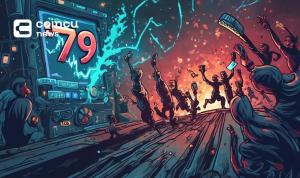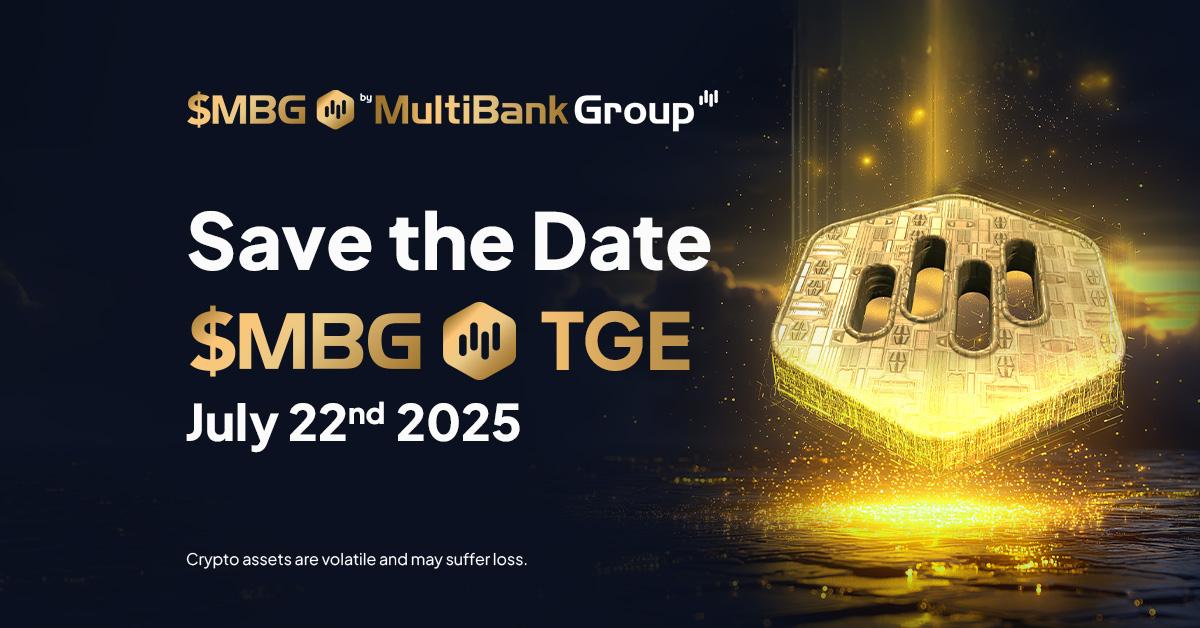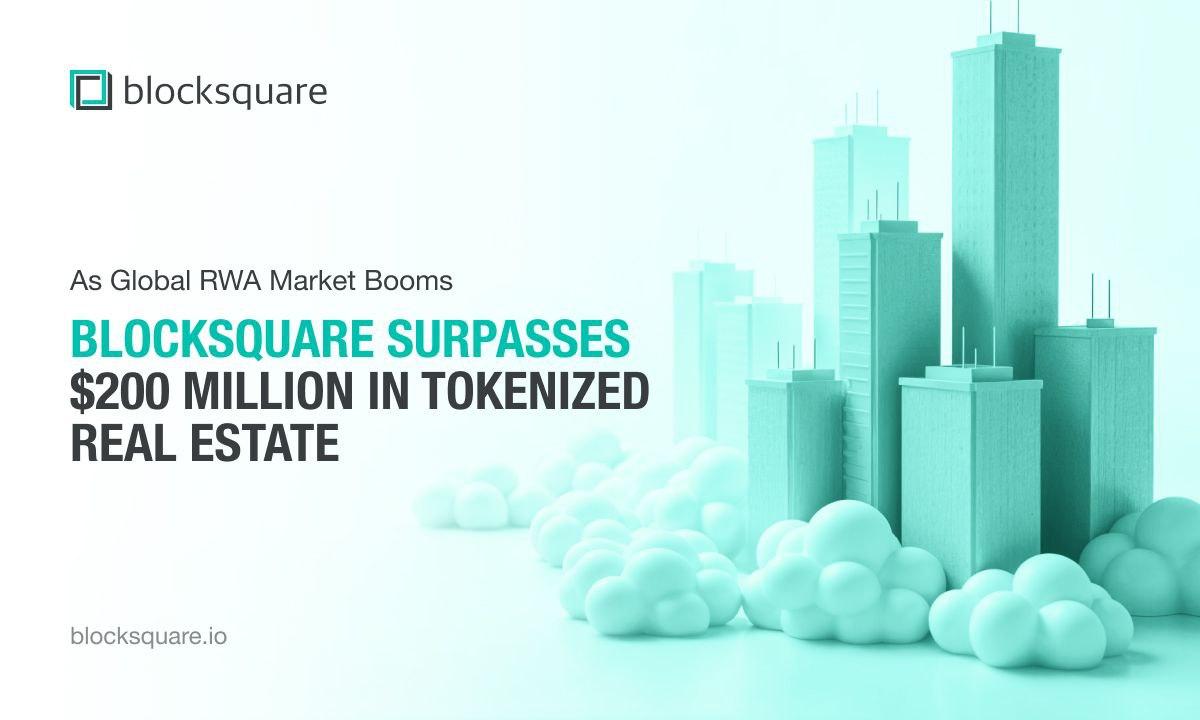Optimistic Rollup is a layer 2 scaling solution designed to improve the scalability and efficiency of blockchain networks. It utilizes off-chain computation to securely record transactions in a layer 2 environment, while periodically updating the main blockchain with a Merkle root of these transactions.
The main idea behind Optimistic Rollup is to reduce the burden on the main blockchain by moving most of the transaction processing and validation off-chain. This allows for faster and cheaper transactions, as well as increased scalability. Rather than executing and validating every transaction on the main blockchain, only the final outcome of a batch of transactions is published and validated on-chain.
The rollup’s “state” on the main blockchain is updated periodically by publishing a Merkle root of the rollup’s transactions. A network of external validators, also known as “sequencers,” verifies the correctness of these Merkle roots before the state is updated at a later time. This mechanism ensures the security and integrity of the layer 2 transactions.
If there are any inconsistencies or fraudulent activities detected in the rollup, validators can submit fraud proofs during a predefined dispute period. These fraud proofs allow the system to roll back to the previous valid state and penalize the dishonest parties involved. This dispute process ensures that the final state on the main blockchain accurately reflects the executed transactions in the layer 2 environment.
One of the main advantages of Optimistic Rollup is its support for smart contracts. Unlike other layer 2 scaling solutions, such as zero-knowledge rollups, Optimistic Rollup allows for the execution of smart contracts within the layer 2 environment. This means that developers can deploy and interact with smart contracts in a similar way to the underlying blockchain, without the need for complex modifications or additional development efforts.
For example, let’s consider a decentralized application (DApp) that requires smart contract functionality for various operations, such as token transfers, voting mechanisms, or decentralized finance (DeFi) protocols. By utilizing Optimistic Rollup, the DApp can leverage the benefits of layer 2 scaling, while still enjoying the full capabilities of smart contracts.
However, it’s important to note that there is a trade-off with Optimistic Rollup compared to zero-knowledge rollups. The main disadvantage is the time it takes for layer 2 users to withdraw their funds back to the underlying blockchain. Since Optimistic Rollup relies on external validators to review and validate the Merkle roots before updating the state, there needs to be enough time for this review process to take place.
Despite this drawback, Optimistic Rollup offers a promising solution for improving scalability and reducing transaction costs in blockchain networks. Its support for smart contracts makes it a versatile option for developers and users, enabling the creation of decentralized applications with ease.
Author: Ross Middleton, co-founder and CFO at DeversiFi
Ross Middleton is a co-founder of DeversiFi, a decentralized finance (DeFi) trading platform built on StarkWare’s scalable technology. With his extensive experience in the crypto industry, including previous roles at Ethfinex and Bitfinex exchanges, Ross brings valuable insights into the field. Prior to his involvement in cryptocurrencies, he had a successful career as an energy trader and analyst in London. Ross’s expertise in both traditional and non-traditional asset trading contributes to his deep understanding of blockchain technology and its potential applications.
If you are new to blockchain, Optimistic Rollup is a concept worth exploring. Its ability to enhance scalability and support smart contracts opens up new possibilities for the development and adoption of blockchain-based applications.















